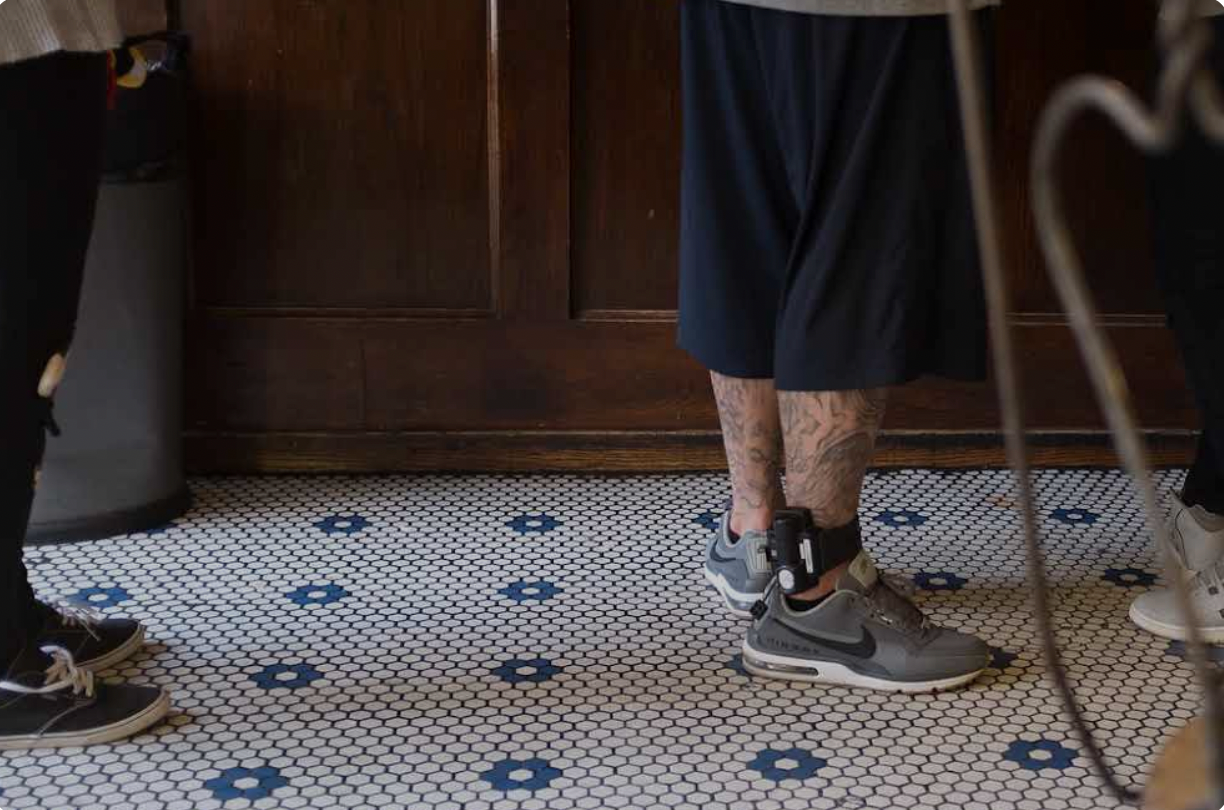Bail Bonds and Your Rights: Know Your Options and Protections
Understanding your rights and the protections available to you is crucial when navigating the legal system and dealing with the concept of bail bonds. Bail bonds are instrumental in securing temporary release from custody, making it vital to familiarize yourself with your options and the legal safeguards that exist. In this article, we will explore how comprehending your rights can empower you to make informed decisions during this critical stage of the legal process.
1. The Right to Reasonable Bail
Under the Eighth Amendment of the United States Constitution, you have the right to be granted reasonable bail. This means that the bail amount set by the court should not be excessive and should correspond to the nature of the alleged offense. If you believe the bail amount is unreasonably high, you can challenge it with the help of your attorney.
2. The Right to Seek a Bail Bond
If you are unable to pay the full bail amount set by the court, you have the right to seek a bail bond. Bail bonds provide an option to secure your release by paying a percentage of the bail amount to a bail bondsman or a bail bond company. This ensures your temporary freedom while guaranteeing your appearance in court.
3. The Right to Understand Bail Bond Terms
When obtaining a bail bond, you have the right to clear and comprehensive information about the terms and conditions of the bond. This includes understanding the fee structure, repayment options, any collateral requirements, and the obligations you must fulfill as part of the bond agreement. A reputable bail bondsman will ensure you fully comprehend these terms before proceeding.
4. The Right to Due Process
Throughout the bail bonds process, you have the right to due process. This means you are entitled to fair and impartial treatment, including the right to be heard, present evidence, and challenge any adverse decisions. It is essential to work closely with your attorney to protect your due process rights and ensure a fair outcome.
5. The Right to Non-Discriminatory Treatment
You have the right to be treated fairly and without discrimination in the bail bonds system. Your race, ethnicity, gender, religion, or any other protected characteristic should not influence the conditions or availability of bail. If you believe you have been subject to discriminatory treatment, consult with your attorney to address the issue appropriately.
6. The Right to Legal Counsel
When navigating the bail bonds system, you have the right to legal counsel. A skilled criminal defense attorney will provide guidance, protect your rights, and advocate for your best interests. They will ensure that your bail bonds process is conducted in compliance with the law and will represent your legal rights at all stages of your case.
Get Professional Help From the Knowledgeable Pros at Budget Bail Bonds
Knowing your rights and understanding the options and protections available to you when dealing with bail bonds is crucial. By being aware of your right to reasonable bail, seeking bail bond options, understanding the terms, and exercising your due process rights, you can navigate the system with confidence. Remember to consult with a reputable attorney who will safeguard your rights and advocate for the best possible outcome. By arming yourself with knowledge, you can protect your interests and ensure a fair and just experience within the bail bonds process. To learn more, contact Budget Bail Bonds today. We have 20 years of industry experience and we can walk you through your options.










fast 24/7 bail bonds
To speak with someone now, call us at (860) 649-2221 or fill out the form below.
Contact Us
We will get back to you as soon as possible
Please try again later
Our Services
Quick Links
Contact Us
1337 Dixwell Ave, Hamden, CT 06514
419 Center St, Manchester, CT 06040
419 Whalley Ave, New Haven, CT 06511

